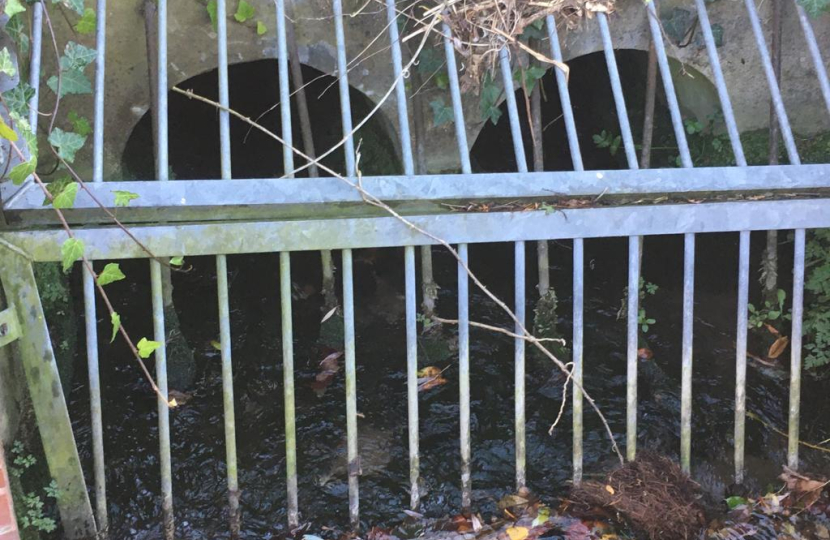
John joined with Oxfordshire colleagues in a letter to the Chief Executive of Thames Water to seek more action to tackle sewage pollution in our waters across Oxfordshire. This comes as Thames Water have confirmed an additional investment of at least £815 million to help tackle sewage pollution and cut sewage overflows by 84% by 2050.
The MPs have written to the Chief Executive to push for more investment and quicker results to ensure sewage pollution is stopped as quickly as possible adn to ask for a meeting to discuss how this will be done.
The letter said:
“We welcome the over £800 million investment by Thames Water that will cut sewage overflows by 84% in Oxfordshire by 2050. The Government has rightly taken decisive action to address this including by putting in place legally binding targets which we were all proud to vote for, increasing the monitoring of sewage discharges in England to 100% (up from 7% in 2010), ensuring fines against water companies are unlimited and requiring Thames Water and other water companies to spend £56 billion to fix this problem.
However, we have been clear that Thames Water must go further to tackle sewage pollution in Oxfordshire which our constituents are rightly very angry about. Thames Water have a responsibility to deliver for our hard-working constituents who pay their water bills.
The data in the new Water UK National Storm Overflows Plan makes clear their poor record and lack of leadership in tackling sewage pollution to date.
We have requested a meeting with the CEO to discuss these issues.”
The MPs intervention comes after the Government recently announced a tough new inspections and enforcement regime, increasing their oversight of water companies with the Environment Agency carrying out over 930 inspections to date in this financial year.
The number of inspections, including unannounced inspections where officers have the power to gain forcible entry where needed, will rise to 4,000 by the end of March 2025 – a fourfold increase. From April 2026, the number of inspections will rise to 10,000 per year.
The Government has also introduced legally binding targets which mean that water companies now face strict limits on when they can use storm overflows and must completely eliminate the harm any sewage discharges cause to the environment.
100% of sewage overflows in England are now monitored – up from 7% in 2010 and unlike in Scotland where only 4% are monitored. This ensures water companies are held to account.
In addition, the Government has ensured unlimited fines can be levied against water companies who illegally dump sewage, with Thames Water being fined £3.3 million recently for one incident. This is in addition to a ban on bonuses for executives of water companies found to have committed a serious breach.
The Government also introduced the largest ever programme to tackle sewage discharges and this is backed up by £56 billion in environmental infrastructure improvements which the Government has required the water companies to contribute. This is in addition to £1.6 billion of new investment that will be directed into vital infrastructure to improve the water quality of our rivers and lakes. As part of this investment, water companies will have to eliminate 10,000 storm overflow discharges per year at various sites.
LINKS:
DEFRA Storm Overflows Discharge Reduction Plan
Water UK National Storm Overflows link

